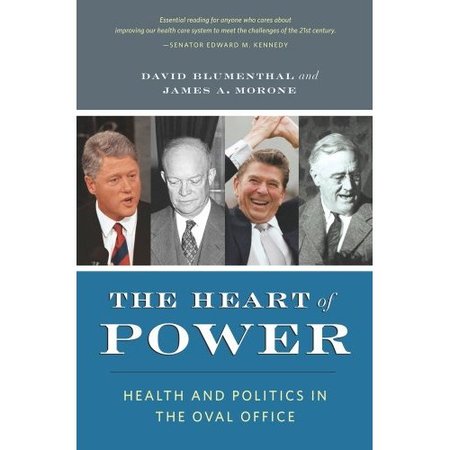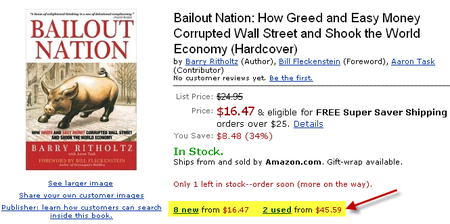Ms. Yang Jing, 28, is one of China's premier love hunters, a new breed of matchmaker that has proliferated in the country's economic boom. The company she works for, Diamond Love and Marriage, caters to China's nouveaux riches: men, and occasionally women, willing to pay tens and even hundreds of thousands of dollars to outsource the search for their ideal spouse.

In Joy City, Ms. Yang gave instructions to her eight-scout team, one of six squads the company was deploying in three cities for one Shanghai millionaire. This client had provided a list of requirements for his future wife, including her age (22 to 26), skin color ("white as porcelain") and sexual history (yes, a virgin).
"These millionaires are very picky, you know?" Ms. Yang said. "Nobody can ever be perfect enough." Still, the potential reward for Ms. Yang is huge: The love hunter who finds the client's eventual choice will receive a bonus of more than $30,000, around five times the average annual salary in this line of work.
In one case, Ms. Yu's migrant son reluctantly agreed to allow his aging mother to make the search for his future wife her all-consuming mission. In the other, Ms. Yang's richest client at Diamond Love deployed dozens of love hunters to find the most exquisite fair-skinned beauty in the land, even as he fretted about being conned by a bai jin nu, or gold digger.
Mr. Big, as I'll call him -- he insisted that Diamond Love not reveal his name -- is a member of China's fuyidai, the "first-generation rich" who have leapt from poverty to extreme wealth in a single bound, often jettisoning their first wives in the process. Diamond Love's clientele also includes many fuerdai, or "second-generation-rich," men and women in their 20s and 30s whose search is often bankrolled by wealthy parents keen on exerting control over their marital choices as well as the family inheritance.
But fuyidai like Mr. Big are accustomed to being the boss and can be the most uncompromising clients.
Mr. Big had an excruciatingly specific requirement for his second wife. The ideal woman, he said, would look like a younger replica of Zhou Tao, a famous Chinese television host: slim with pure white skin, slightly pointed chin, perfect teeth, double eyelids and long silken hair. To ensure her good character and fortune, he insisted that her wuguan -- a feng shui-like reading of the sense organs on the face -- show perfect harmony.
"When clients start out, all they want is beauty -- how tall, how white, how thin," Ms. Yang said. "Sometimes the person they're looking for doesn't exist in nature. Even if we find her, these clients often have no idea whether that would make their hearts feel settled. It's our job to try to move them from fantasy toward reality."
Continue reading "Love Hunters 1" »






















